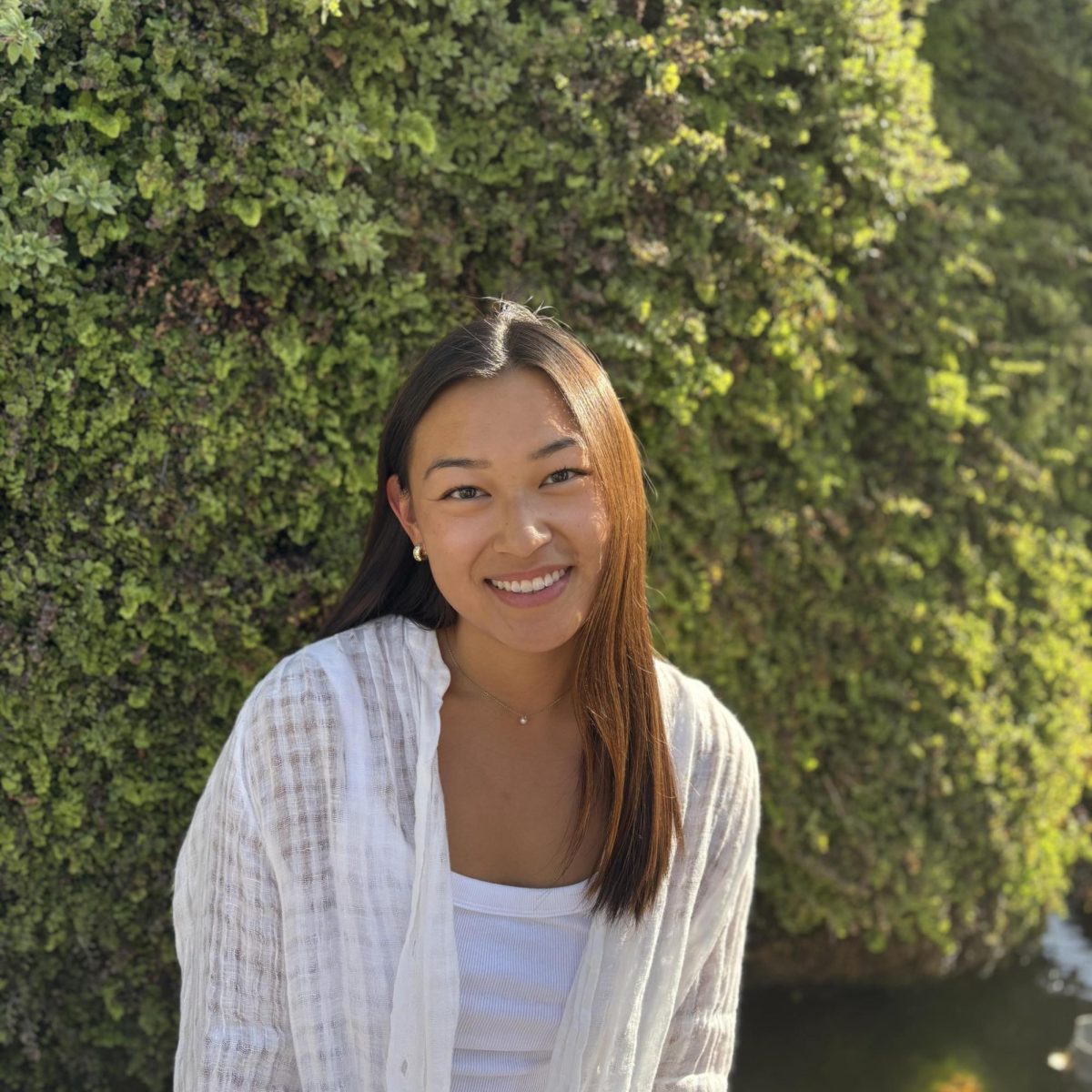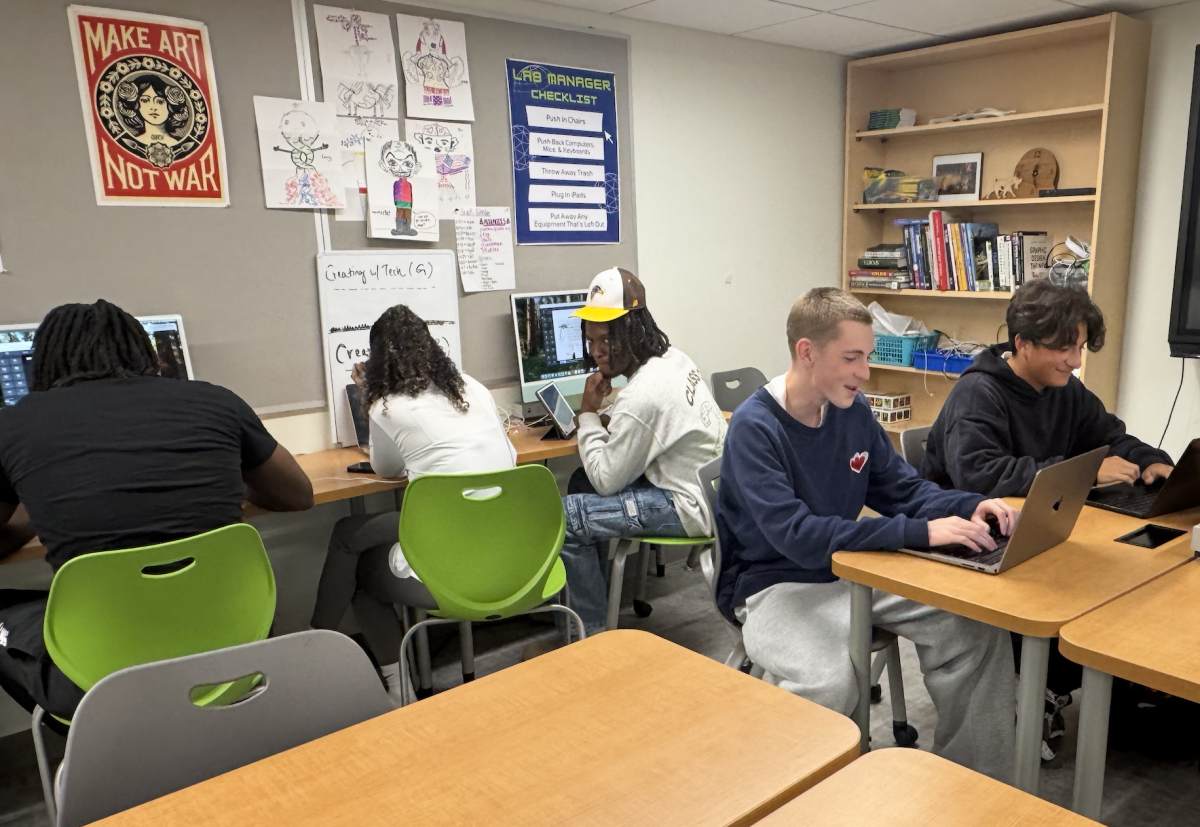Opinion/Counter: Should School Rules be Different for Vaccinated and Unvaccinated Students?
YES by Elijah & TJ
With Covid-19 affecting the world so drastically, there are a lot of protocols that are being debated. One of these protocols is whether or not schools should have different rules for vaccinated and unvaccinated students. We believe that school rules, like when/where to wear masks, should be different for people who are unvaccinated against COVID-19. Firstly: unvaccinated students put everyone at risk and don’t have as much protection against the virus as vaccinated people; second: we already have procedures surrounding the vaccine in place at Friends Select. We hope that having different procedures in place can hopefully decrease potential cases between students, especially because of recent variations in the virus. During an interview with Bloomberg, Christopher Martin, a professor of Public Health at West Virginia University, says “large numbers of unvaccinated people do make variants more likely”. By adding different rules, the chance of variants occurring can hopefully decrease, especially because the vaccine isn’t as strong against variants. Having different guidelines can minimize the risk to both vaccinated and unvaccinated students.
Our school is an example of how these types of rules are already in effect. Friends Select has different rules for Middle and Upper School because most of the Middle School was not eligible for vaccinations until recently. One example is that middle school students must have dividers up during lunch to minimize contact, while the Upper School doesn’t. Another example is that the Upper School students can’t go into the library during Middle School lunch to limit interaction between the younger unvaccinated students and the Upper School. Friends Select is a small school, which can make social distancing difficult at times, but we believe that having procedures like this is important in maintaining a low number of covid cases.
One concern about rules being different for unvaccinated students is that parents might pull their kids out of school if they are against the covid vaccine. However, this argument fails to acknowledge that other vaccines are a requirement for many schools. But it is also required in most US states for children to attend school from the ages of 6 to 17, so if someone chooses not to vaccinate their child, their options for education can become very limited. The main reason there aren’t widespread rules for the Covid vaccine in schools yet is that it’s very new, which can be a concern for some parents. Especially because it usually takes 10 to 15 years to develop a vaccine, according to History of Vaccines, it can be disconcerting that it was developed so quickly and didn’t go through as much testing. However, according to Hopkins Medicine, “Studies found that the two initial vaccines are both about 95% effective — and reported no serious or life-threatening side effects.” Hopkins medicine also states that this method of creating vaccines is different from previous methods which allow it to be made and approved earlier. In the end, parents will have to either vaccinate their children or accept that they will have to follow rules that other students may not have to follow.
Covid-19 is an unprecedented event, and while there are many ways to protect people from the virus, we believe that having different rules in place will better protect students. Having more strict procedures, like the dividers used during lunch in the middle school, is an added layer of protection for students who aren’t protected by the vaccine. However, we also acknowledge that there are some limitations with having more rigid protocols, like if their parents disagree or it can be limiting for some students. But we hope that guidelines like these would only be temporary as the world recovers from the pandemic and learns to handle it better.
NO by Shirley & Asa
Whether you think the vaccine is safe or dangerous, effective or ineffective, we believe that everyone in the Friends Select community should be treated equally. With over 500 students and more than 130 faculty members packed into a small building, the CDC’s 6-foot social distance recommendation has become very difficult. Friends Select should not change its health protocols to cater to vaccinated people, because going mask-optional and loosening social distancing recommendations would put unvaccinated people in a high-risk and unsafe environment.
While the simple solution might be mandating the vaccine for all Friends Select community members, many problems would arise as a result. Firstly, a mandate would probably lead to parents pulling them out of the school due to their lack of choice. And even if they just loosened the rules by going mask-optional or something similar, it would make the unvaccinated student experience very tedious and unpleasant. Even though changing the rules might motivate unvaccinated people to get the vaccine, we must also recognize that won’t be the case for everyone.
Children do not have great judgment, therefore their parents are responsible for making decisions for them. If a parent does not want their child to be vaccinated, which is very plausible, then making their child’s life harder could easily lead to them pulling their child out of school. Parents have already done this in public schools in Pittsburgh, Kenosha, Houston, and many others due to the district’s lack of Covid precautions. These parents moved their children into private schools, where they are not governed by the district, and where the covid restrictions are tighter. Friends Select should be a safe environment for these types of families, whether they think the vaccine is safe or not.1
The FDA just authorized the Covid vaccine for children aged 5-11 within the last 2 months. This means that side-effects, like anaphylaxis and a plethora of breathing issues, could develop over time, just like it has already done in the last 6 months with older vaccinated people. The effects might even be more dangerous due to their young age. Although it could be argued that terrible side effects are rare, the vaccine’s long-term effects are still unknown. We do not want to pose this sort of hazard to our younger students. Also, some community members are immuno-compromised, which means that there is no guarantee that every kid is able to physically get the vaccine. Therefore, under this complex situation, treating vaccinated and unvaccinated people equally is the best way to protect themselves and our community.
The vaccines also do not provide 100% protection against Covid-19. The vaccines do provide strong efficiency against Covid-19, with 95% efficiency from the Pfizer-BioNTech vaccine, 95% efficiency from the Moderna vaccine, and 72% efficiency from Johnson & Johnson, according to Yale Medicine. But, they do not provide 100% protection, and there’s no way to tell who the 5% will be.1




























